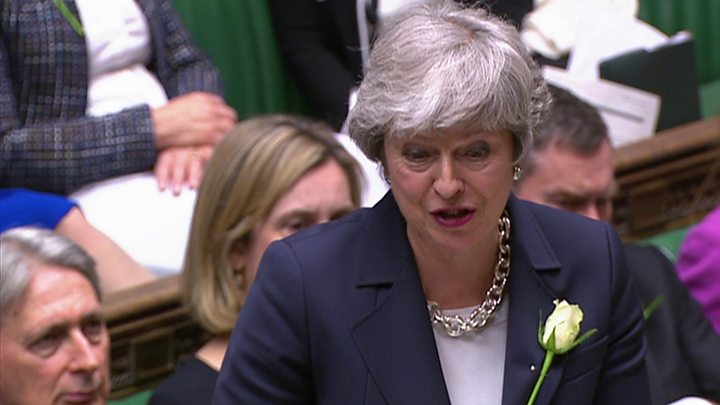EU rejects Iran nuclear deal ‘ultimatum’

The European Union has rejected Iran’s 60-day “ultimatum”, referring to Tehran’s decision to quit parts of the 2015 nuclear agreement a year after the US withdrew from the landmark accord signed with major world powers, including the EU.
In a joint statement with the foreign ministries of France, the United Kingdom and Germany, the EU urged Iran to respect the nuclear deal, and said they regretted fresh US sanctions imposed on Tehran.
The nuclear deal, formally known as the Joint Comprehensive Plan of Action (JCPOA), was designed to curb Iran’s nuclear programme in exchange for sanctions relief.
“We strongly urge Iran to continue to implement its commitments under the JCPoA in full as it has done until now and to refrain from any escalatory steps,” the statement read.
“We reject any ultimatums and we will assess Iran’s compliance on the basis of Iran’s performance regarding its nuclear-related commitments under the JCPoA.”
On Wednesday, Tehran announced it would resume high-level enrichment of uranium if world powers do not keep their promises under the deal.
Iranian President Hassan Rouhani said the remaining signatories – the UK, France, Germany, China and Russia – had 60 days to implement their promises to protect Iran’s oil and banking sectors from US sanctions.
In response, US President Donald Trump’s administration announced harsh new sanctions on Iran’s steel, aluminium, copper and iron sectors as tensions surged between the decades-long rivals.
In its statement, the EU said it remained committed to its stance regarding sanction-lifting for the benefit of the “Iranian people”.
It added: “We regret the re-imposition of sanctions by the United States following their withdrawal from the JCPoA.”
The Europeans have set up a complicated barter-type system to skirt direct financial transactions with Iran to evade US sanctions. The workaround, dubbed INSTEX, is not yet operational as Iran has not completed its part of the scheme.
The bloc said it plans to push ahead with “the operationalisation of the special purpose vehicle ‘INSTEX’”.
The EU has also introduced a so-called “blocking statute” protecting European companies from the effects of US sanctions, but many international corporations do more business in the US than in Iran.
In a message implicitly directed at the US administration, the EU powers said, “We call on countries not party to the [deal] to refrain from taking any actions that impede the remaining parties’ ability to fully perform their commitments.” — Al Jazeera










Comments